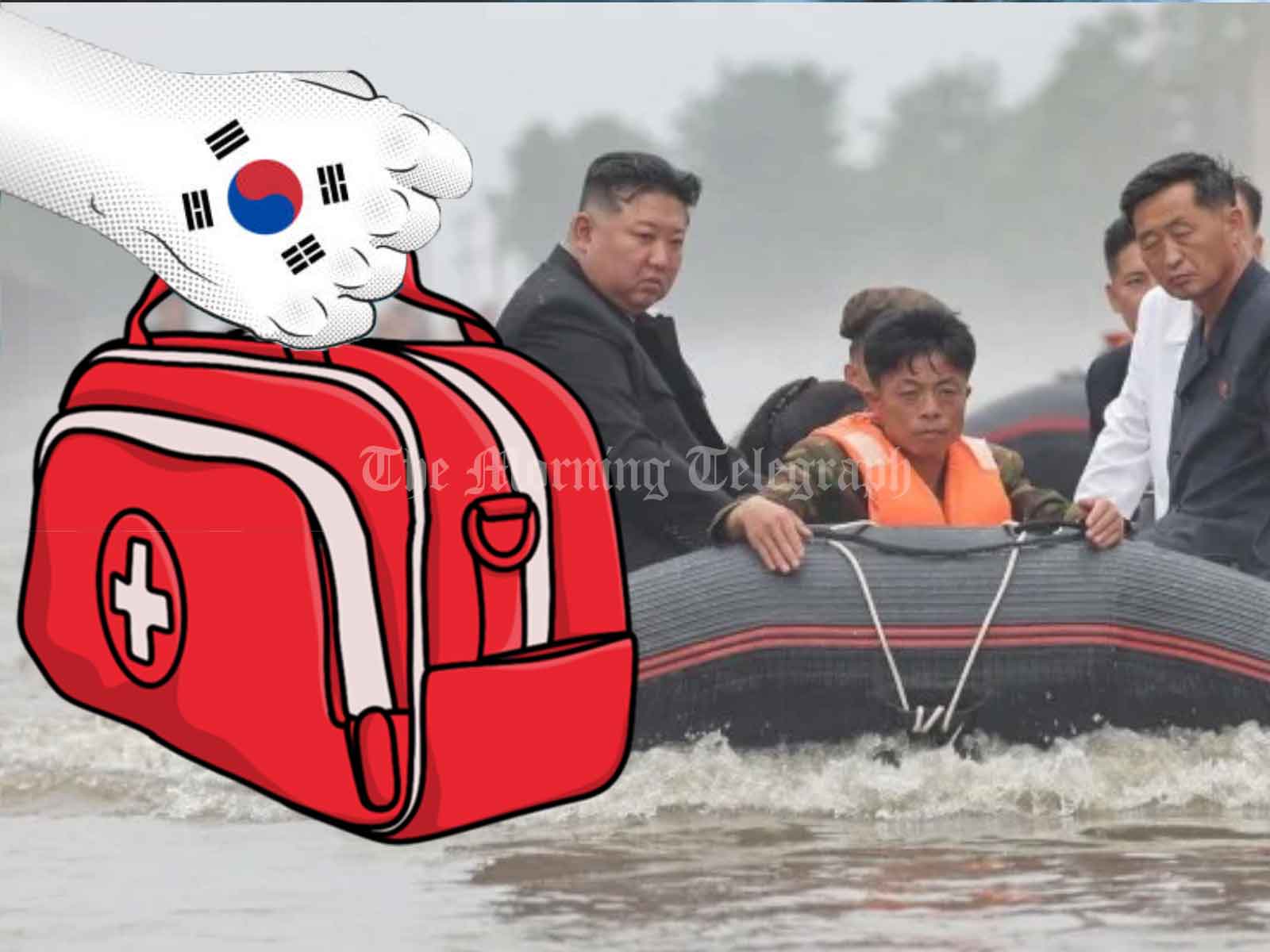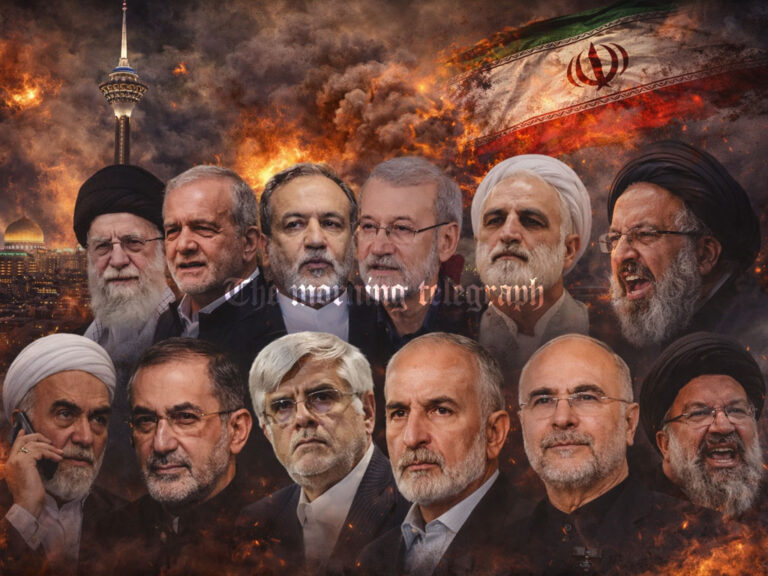
South Korea’s offer of humanitarian aid to North Korea follows a series of severe floods that have caused significant damage in the country. The South Korean Unification Ministry expressed a willingness to act quickly to provide assistance, urging North Korea’s Red Cross to engage in discussions about the aid, including its types, quantities, and delivery methods.
North Korean state media reported that recent floods have devastated the northwestern city of Sinuiju and the neighboring town of Uiju. The natural disaster has submerged thousands of homes, damaged large areas of farmland, and affected public infrastructure, including roads and railways. North Korea has not disclosed details about any casualties resulting from the floods.
North Korean leader Kim Jong Un has demanded strict measures against those who failed to prevent the disaster, highlighting the government’s focus on accountability. The country’s response to the floods has been hampered by its ongoing isolation and strained relations with South Korea.
Historically, inter-Korean relations have been fraught with tension, particularly in recent years. North Korea’s nuclear ambitions and the South’s military collaborations with the U.S. and Japan have exacerbated the situation. Previous offers of aid from South Korea during the COVID-19 pandemic were also rejected by the North.
The proposal for aid comes amid a broader context of heightened regional tensions and persistent disagreements over North Korea’s nuclear program and international sanctions. The potential acceptance of South Korea’s aid could be a significant development in inter-Korean relations, reflecting a moment of humanitarian cooperation amid ongoing political and military discord.




